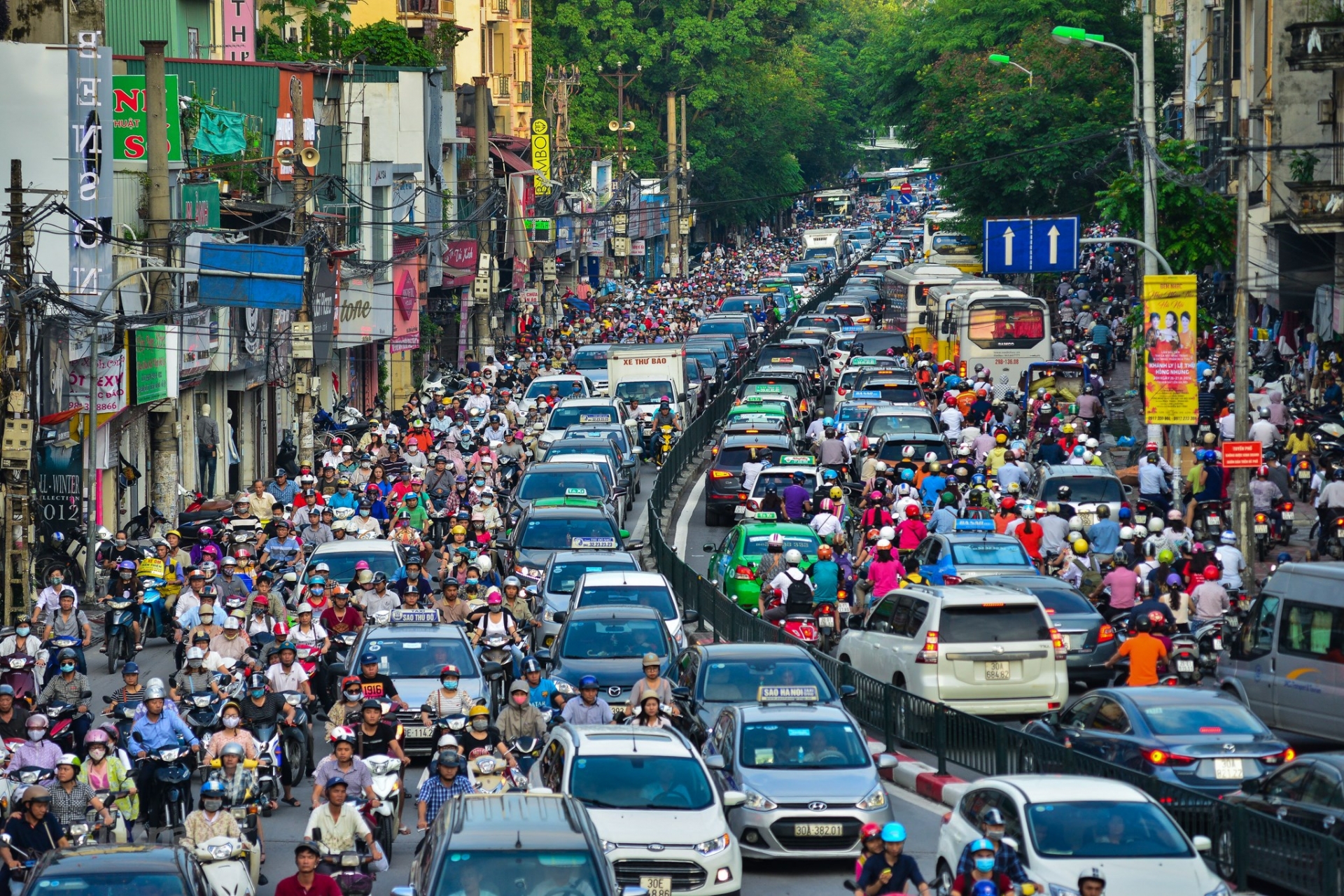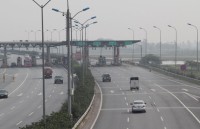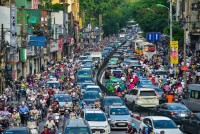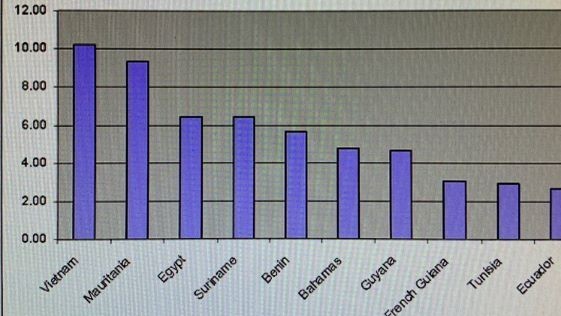
New study offers pathways to climate-smart transport
Latest
| TIN LIÊN QUAN | |
| Chances for Malaysia firms to pour capital into Vietnam’s infrastructure | |
| Vietnam, China open specialised route for goods transportation | |
 |
| Traffic jam in Ha Noi. (Photo: VNA) |
This analytical work comes at a critical time when the Government of Vietnam is updating its Nationally Determined Contribution on reducing carbon emissions and set out its next medium-term public investment plan for 2021-2025.
“A resilient transport system is critical to the continued success of Vietnam’s economy, which relies heavily on external trade and seamless connectivity. We hope that the findings and recommendations of this new report will help Vietnam in its efforts to achieve a resilient and sustainable transport sector”, said Ousmane Dione, World Bank Country Director for Vietnam.
The first volume demonstrates that by employing a mix of diverse policies and investments, Vietnam can reduce its carbon emissions in the transport sector up to 9 percent with only domestic resources by 2030, and 15-20 percent by mobilizing international support and private sector participation.
Currently, the transport sector contributes about 10.8 percent of the total CO2 emissions. In a business-as-usual scenario, these emissions are projected to grow at an annual rate of 6-7% to nearly 70 million tons CO2e.
The most cost-effective measures to boost the resilience of the transport sector include shifting traffic from roads to inland waterways and coastal transport, deploying stricter vehicle fuel economy standards, and promoting electric mobility.
The second volume provides a methodological framework to analyze critical and vulnerable points of the transport network, and presents a strong economic case for investing in building the climate resilience of Vietnam’s transport networks.
A vulnerability assessment looks at the potential impact of different hazards on the transport corridor or network, and the criticality assessment considers such questions as which links and routes along transport networks are the most critical for the unimpeded flow of transport across a particular transport network.
The study identifies systemic critical issues and hazard-specific, high-risk locations in Vietnam’s transport network. Considering climate change, it is estimated that 20 percent of the network is most critical in terms of its exposure to future disaster risks.
Meanwhile, road failures can result in very high daily losses of up to US$1.9 million per day, while railway failures can result in losses as high as US$2.6 million per day.
To prepare for the increasing intensity and frequency of extreme hazards due to climate change, it is imperative to make investments to overhaul existing road assets to higher climate-resilient design standards.
Given the vulnerability of land-based transport, a shift to waterborne transport offers a good resilience strategy. A 10-percent shift in that direction could reduce climate risks by 25 percent, according to the report.
This report is a collaborative effort among the Vietnamese Ministry of Transport, the World Bank and Deutsche Gesellschaft für InternationaleZusammenarbeit GmbH (German Development Cooperation GIZ) under the commission by the German Federal Ministry for the Environment, Nature Conservation and Nuclear Safety (BMU). It is sponsored by the Australian Government through the Australia-World Bank Group Strategic Partnership in Vietnam – Phase 2 (ABP2) program.
 | Vietnam, Laos plan expressway linking two capital cities An expressway with a total length of 725 kilometres is being planned to connect Ha Noi and Vientiane, the capital cities of Vietnam and Laos. |
 | Sweden shares experience in developing public transport The Swedish Embassy in Vietnam, the Swedish Commercial and Investment Office, and the Ha Noi People’s Committee held a roundtable on May 7 to share ... |
 | WB to help Vietnam in public transport development, drainage planning The World Bank (WB) wants to further its help for Vietnam in public transport development and drainage planning by 2030 with a vision towards 2050, ... |





















